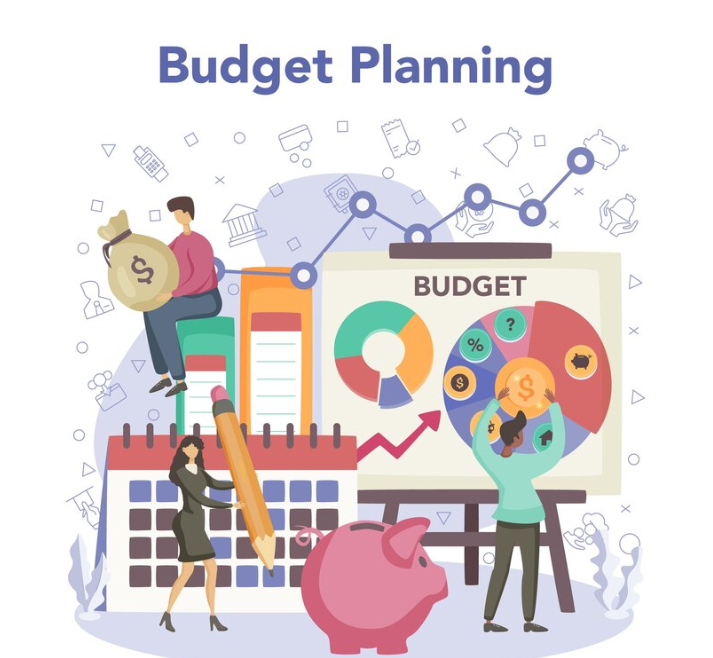Managing monthly expenses and tracking spending are crucial steps in maintaining a balanced budget efficiently. Whether you’re saving for a big purchase, trying to pay off debt, or simply wanting to make the most of your income, the key to financial success lies in understanding and controlling where your money goes. Here are some tips to help you manage your monthly expenses and track spending effectively.
1. Set Clear Financial Goals
Before you can manage your expenses, it’s essential to have clear financial goals. Whether you’re aiming to build an emergency fund, save for a vacation, or pay down debt, having specific objectives helps you stay focused. Break down these goals into short-term and long-term categories, and allocate a portion of your monthly income towards achieving them. This not only gives your budgeting purpose but also helps you prioritize your spending.
2. Create a Realistic Budget
A budget is a fundamental tool for managing your finances. Start by listing all sources of income and then categorizing your expenses into fixed (e.g., rent, utilities, insurance) and variable (e.g., groceries, entertainment, dining out). Ensure that your budget is realistic and aligns with your lifestyle and financial goals. Many people find success using the 50/30/20 rule: allocate 50% of your income to needs, 30% to wants, and 20% to savings and debt repayment.
3. Track Every Expense
Tracking your spending is crucial to staying within your budget. Use a method that works best for you, whether it’s a traditional pen-and-paper ledger, a spreadsheet, or a budgeting app. Record every expense, no matter how small, to get a clear picture of where your money is going. This habit helps you identify spending patterns, areas where you can cut back, and opportunities to save.
4. Automate Savings and Bills
One of the easiest ways to stick to your budget is by automating your savings and bill payments. Set up automatic transfers to your savings account and schedule payments for recurring bills. This ensures that your savings grow consistently and that you never miss a payment, avoiding late fees and interest charges. Automation reduces the temptation to spend money that should be saved or allocated to essentials.
5. Review and Adjust Your Budget Regularly
Your financial situation and expenses may change over time, so it’s essential to review your budget regularly. At least once a month, go through your budget to see if you’re on track to meet your goals. Adjust your spending categories as needed, especially if you notice areas where you’re consistently overspending. Regular reviews help you stay flexible and make informed decisions about your finances.
6. Prioritize Debt Repayment
If you have outstanding debts, prioritize paying them off as part of your budget. Start with high-interest debt to reduce the amount you’ll pay over time. Consider using methods like the debt snowball (paying off the smallest debts first) or debt avalanche (focusing on the highest interest debts) to stay motivated and make steady progress.
7. Use Cash or Digital Envelopes
The envelope method is a tried-and-true budgeting strategy where you allocate a certain amount of cash to different spending categories. Once the cash is gone, you stop spending in that category. For those who prefer digital transactions, some apps mimic this method by allowing you to allocate funds to different virtual envelopes. This technique helps you avoid overspending and stay within your budget.
8. Stay Disciplined and Avoid Impulse Purchases
Maintaining a balanced budget requires discipline. It’s easy to be swayed by impulse purchases, but try to differentiate between needs and wants. Give yourself a waiting period (e.g., 24 hours) before making non-essential purchases to see if you still want them. This approach can help reduce unnecessary spending and keep your budget on track.
Conclusion
Managing monthly expenses and tracking spending are essential practices for maintaining a balanced budget. By setting clear goals, creating a realistic budget, tracking every expense, and staying disciplined, you can gain control of your finances and work towards achieving financial stability. Remember, consistency is key—regularly reviewing and adjusting your budget ensures that it continues to meet your needs and helps you stay on track.


